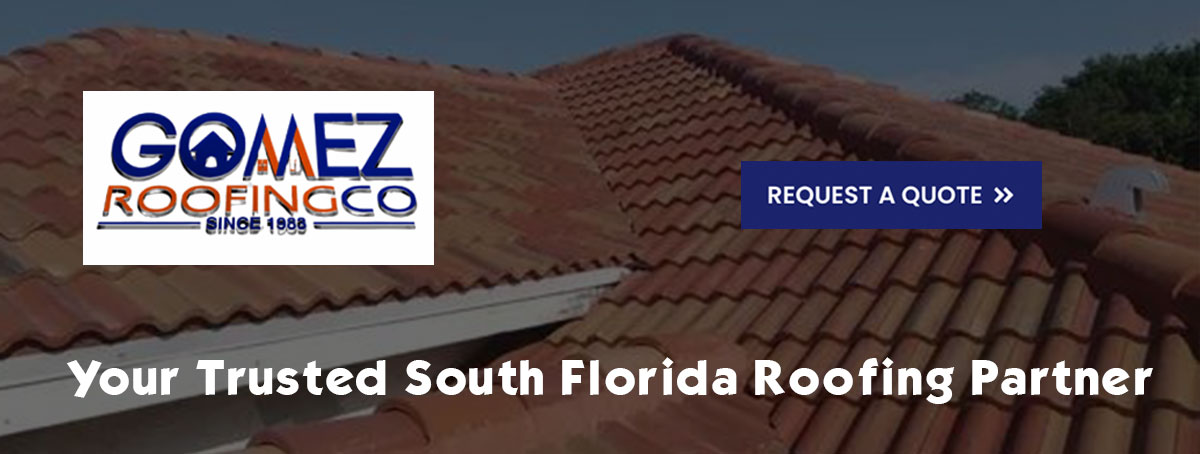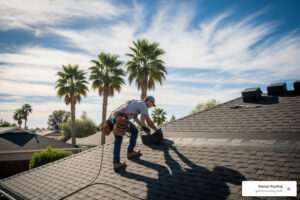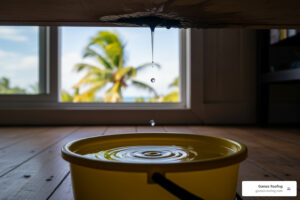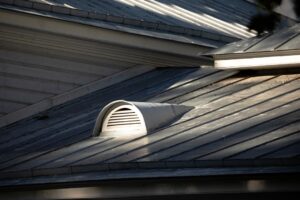Table Of Contents:
- Understanding Roofing Guarantees in Pompano Beach: A Complete Guide for Homeowners and Contractors
- What Is a Roofing Guarantee and Why Is It Important in Pompano Beach?
- What Are the Different Types of Roofing Warranties Available?
- What Does Coastal Roofing Solutions’ Guarantee Cover in Pompano Beach?
- How Do Roofing Materials Impact Your Guarantee in Pompano Beach?
- How Do Pompano Beach Roofing Codes and Local Regulations Affect Your Guarantee?
- How Can You Choose a Roofing Contractor With a Strong Guarantee in Pompano Beach?
- What Are the Most Common Questions About Roofing Guarantees in Pompano Beach?
- Frequently Asked Questions
Understanding Roofing Guarantees in Pompano Beach: A Complete Guide for Homeowners and Contractors
Roofing guarantees are commitments by roofing contractors or manufacturers to ensure that a roof performs as expected over a set period. Homeowners in Pompano Beach depend on these guarantees to protect their investments and provide peace of mind against water damage, material defects, or poor workmanship. In a region challenged by high humidity, salt air exposure, and hurricanes, a solid roofing guarantee is essential. This article explains the purpose and benefits of roofing guarantees, the types available, how local climate and materials affect them, and tips for choosing a reliable contractor like gomez roofing co.
What Is a Roofing Guarantee and Why Is It Important in Pompano Beach?
A roofing guarantee is a formal promise covering defects in workmanship, materials, and performance for a defined period. In Pompano Beach, where coastal weather—including heavy rain, high humidity, and salt exposure—can shorten a roof’s lifespan, guarantees protect homeowners from unexpected repair costs. They not only provide financial security against water intrusion, wind, or other natural elements but also build trust between homeowner and contractor while enhancing resale value.
Regional factors such as ocean salt and hurricane threats make it necessary for contractors to align guarantee terms with local building codes and environmental needs. Homeowners should carefully review the guarantee’s duration, claim conditions, and exclusions to ensure proper protection for their roofing investment.
How Do Roofing Guarantees Protect Homeowners?
Roofing guarantees legally require a contractor or manufacturer to repair or replace defective roof portions within the guarantee period, reducing out-of-pocket repair expenses. For example, if heavy tropical rains cause a leak, the guarantee ensures roof leak repair is performed without additional cost.
They also cover material inconsistencies, such as cracked tiles or deteriorated asphalt shingles, ensuring high industry standards are met. A comprehensive guarantee motivates contractors to use quality materials and proper installation techniques. Furthermore, a strong guarantee increases a property’s resale value and provides homeowners with a clear maintenance guide to keep the warranty valid.
What Are the Key Terms in a Roofing Guarantee?
Key terms include:
- Duration: Ranges from three years for workmanship warranties to 20–30 years for material warranties.
- Coverage Details: Specifies what is protected, such as leaks, defective materials, or faulty installation.
- Exclusions: May exclude damage from severe weather, neglect, or unapproved modifications.
- Transferability: Some warranties can transfer to a new owner, enhancing property value.
- Claim Process: Outlines required documentation and the timeline for submitting claims.
The following table summarizes these elements:
| Key Term | Definition | Example/Duration | Benefit to Homeowner |
|---|---|---|---|
| Duration | Period during which the warranty applies | 10–30 years | Long-term protection |
| Coverage Details | Specific components & issues covered | Leaks, defects | Clarity on insured elements |
| Exclusions | Issues not covered by the warranty | Neglect, storms | Prevents unexpected repair costs |
| Transferability | Whether the warranty benefits transfer to new owners | Often transferable | Adds value on resale |
| Claim Process | Steps, documentation, and timeline for claims | Record submission | Streamlined repair process |
How Does Pompano Beach’s Climate Affect Roofing Guarantees?
The coastal climate in Pompano Beach—with salty air, high humidity, and frequent storms—accelerates roof deterioration. As a result, guarantees may include special provisions for coastal damage and require the use of materials designed to resist corrosion, such as enhanced asphalt shingles or treated metal roofs.
Warranties in this area often contain clauses addressing hurricane impacts; many limit coverage unless additional hurricane protection is purchased. They also incorporate local building codes that demand high standards for wind resistance and materials. Preventive maintenance, like regular inspections and timely repairs, is critical to keeping the warranty valid in this challenging environment.
What Are the Different Types of Roofing Warranties Available?
Roofing warranties typically fall into two categories: manufacturer warranties and workmanship warranties, with extended warranties combining elements of both.
- Manufacturer Warranties: Focus on the quality and durability of the roofing materials (e.g., asphalt shingles, metal panels, concrete tiles) and usually extend 20–30 years. They cover issues like material deterioration and color fading.
- Workmanship Warranties: Cover installation quality and are provided by the contractor. They generally last between 5 and 10 years and cover errors such as improper flashing or misalignment.
- Extended Warranties: Combine both aspects or offer prolonged coverage beyond standard terms, often at an extra cost.
Homeowners should choose based on local climate challenges, the roofing material used, and their need for long-term security.
Below is a comparative table:
| Warranty Type | Coverage Focus | Typical Duration | Key Advantages |
|---|---|---|---|
| Manufacturer Warranty | Material quality & defects | 20–30 years | Protects against material degradation |
| Workmanship Warranty | Installation quality | 5–10 years | Ensures proper installation |
| Extended Warranty | Combined coverage | Varies | Provides additional long-term protection |
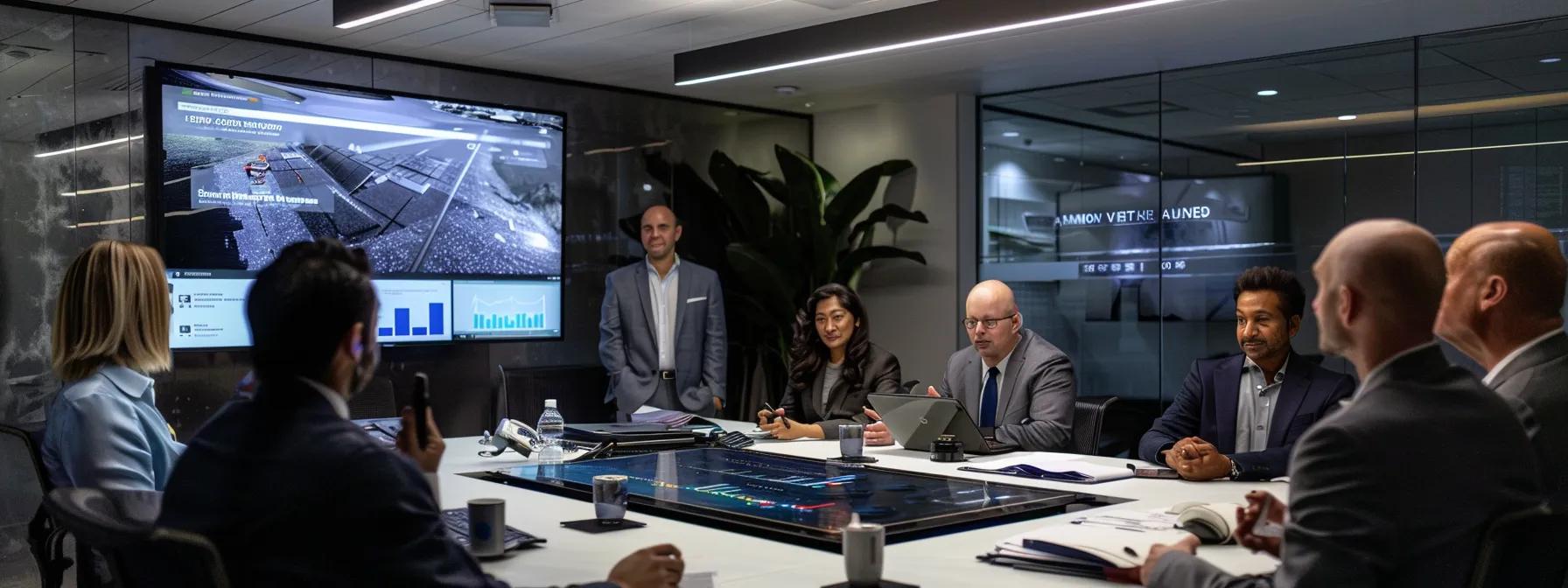
What Is a Manufacturer Warranty and What Does It Cover?
A manufacturer warranty covers defects in the roofing materials. It typically lasts 20–30 years and promises to repair or replace roofing components that fail due to inherent manufacturing defects. However, it usually does not include labor costs arising from installation errors. It is essential that the installation follows the manufacturer’s guidelines so that the warranty remains valid.
How Does a Workmanship Warranty Differ From Manufacturer Warranties?
A workmanship warranty focuses solely on the installation process. Provided by the roofing contractor, it generally lasts 5–10 years and covers issues resulting from poor installation—such as leaks due to improper flashing or misalignment—rather than material defects. Combining both types of warranties offers comprehensive protection, covering both faulty materials and installation errors.
Are Extended Warranties Worth Considering for Your Roof?
Extended warranties offer additional protection beyond standard manufacturer and workmanship coverage. In areas like Pompano Beach, where environmental stresses accelerate wear, extended warranties can cover lapses that standard warranties might not. They often include extra maintenance services and repair provisions. Although they come at an extra cost, the long-term financial peace of mind they provide can be beneficial for high-value properties or premium roofing systems.
How Do Warranty Durations Vary by Type?
Warranty durations depend on the warranty type and the roofing materials used. Typically, manufacturer warranties extend 20–30 years, while workmanship warranties last 5–10 years. Extended warranties can provide further protection but vary based on policy terms. These durations help set maintenance expectations, and homeowners should ensure both immediate and long-term protection by choosing warranties that complement the roofing system’s quality and installation.
What Does Coastal Roofing Solutions’ Guarantee Cover in Pompano Beach?
Coastal Roofing Solutions (CRS) offers a roofing guarantee designed for coastal conditions, covering defects in both workmanship and materials under normal use. CRS’s guarantee protects against leaks, premature material aging, and installation deficiencies caused by harsh coastal weather. For example, if a roof develops leaks from improperly sealed flashings or sun-exposed degradation, CRS will repair these issues at no extra cost—as long as recommended maintenance is observed.
The guarantee also clearly outlines exclusions, such as damage from neglect, unauthorized modifications, or catastrophic natural events that exceed typical weather patterns. CRS ensures prompt service through a streamlined claims process backed by compliance with local building codes.
What Are the Coverage Details of CRS’s Roofing Guarantee?
CRS’s guarantee covers: – Workmanship and Material Defects: Including leaks, material degradation (splitting, cracking, color fading), and faulty installation of components like underlayment and flashing. – Water Intrusion Issues: Resulting from defective seals during installation. – Scheduled Inspections: To monitor roof condition and perform early repairs.
These measures help extend roof longevity and reduce financial risks.
What Exclusions Should You Be Aware of in CRS’s Guarantee?
CRS’s guarantee does not cover: – Damage due to lack of routine maintenance (e.g., failure to clear debris). – Damage from catastrophic natural events (unless additional coverage is purchased). – Unauthorized modifications or repairs performed by unapproved contractors. – Cosmetic damages that do not affect roof function.
Homeowners must follow recommended maintenance practices to avoid voiding the warranty.
How Can You File a Claim Under CRS’s Roofing Guarantee?
To file a claim: 1. Document the issue with photographs and detailed notes. 2. Contact CRS’s customer service or local service center. 3. A CRS-certified technician will inspect the roof and verify the defect. 4. If eligible, CRS will outline the repair process, including any part replacements or labor needed.
Homeowners should keep thorough records of all communications and inspection reports.
How Long Does CRS’s Guarantee Last?
CRS’s guarantee typically lasts 10 to 20 years, depending on factors such as the roofing system used, environmental conditions, and the contract’s specific terms. The duration reflects both the quality of the roofing materials and the installation. Adhering to maintenance guidelines is essential for the guarantee to remain valid for its full term.
How Do Roofing Materials Impact Your Guarantee in Pompano Beach?
The choice of roofing materials significantly affects warranty coverage. Materials like asphalt shingles, metal roofs, tile, bitumen, and synthetic products vary in durability and come with different warranty terms. High-quality materials usually offer longer warranties and better resistance to coastal conditions. For example, asphalt shingles may have warranties of 20–30 years, while metal roofs, known for their corrosion resistance, can offer warranties exceeding 40 years.
Selecting the right material involves considering both aesthetics and functionality. Homeowners should examine the manufacturer’s warranty alongside the contractor’s workmanship warranty to ensure comprehensive protection for their roof.
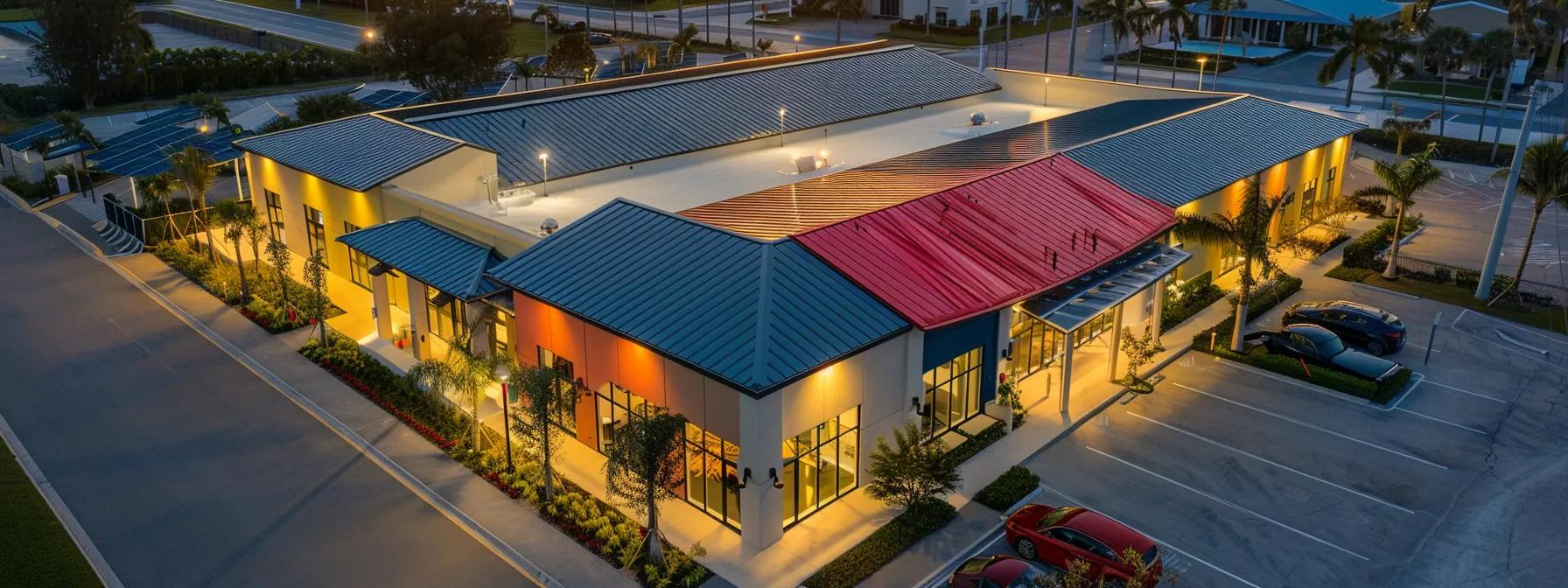
Which Roofing Materials Offer the Best Warranty Coverage?
Generally, roofing materials with proven durability and rigorous testing deliver the best warranty coverage: – Metal Roofs: Known for superior wind, moisture, and corrosion resistance, often backed by warranties of 40 years or more. – High-Quality Clay or Concrete Tiles: Provide long-lasting performance with warranties around 30 years. – Synthetic Materials: Offer durability comparable to traditional materials with enhanced resistance to fading and cracking. – Asphalt Shingles: Popular for balancing cost and durability, with many high-quality options providing warranties of up to 30 years.
How Does Material Choice Affect Warranty Length and Validity?
Material choice directly impacts warranty length. Premium materials like metal and high-grade tiles, due to their resistance to environmental stress, typically have longer warranties. In contrast, lower-quality options may result in shorter warranty periods if they do not meet high standards. Furthermore, proper installation is critical; even the best materials require correct installation to ensure warranty validity. Combining a strong manufacturer warranty with a reliable workmanship warranty ensures full protection.
What Are the Most Common Roofing Materials Used in Pompano Beach?
In Pompano Beach, commonly used roofing materials include: 1. Asphalt Shingles: Widely used for their cost-effectiveness and balanced performance. 2. Metal Roofs: Increasingly popular due to their durability and resistance to salt air. 3. Clay or Concrete Tiles: Valued for aesthetic appeal and longevity. 4. Bitumen (Modified Bitumen): Often used on flat roofs for effective waterproofing. 5. Synthetic Roofing Products: Gaining traction as modern alternatives for their durability and lighter weight.
Contractors like Gomez Roofing Co can advise on the best material based on local environmental conditions and warranty requirements.
How Do Pompano Beach Roofing Codes and Local Regulations Affect Your Guarantee?
Local building codes in Pompano Beach ensure roofs are constructed to endure severe weather. These codes set standards for wind resistance, impact resistance, and energy efficiency, which are directly referenced in roofing guarantees. If a roof does not meet these codes, the warranty may be void.
For example, roofing contractors must use certified materials and adhere to installation procedures that comply with Florida Building Codes. Additionally, local regulations address roof pitch, ventilation, and compatibility with solar panel installations, further influencing warranty terms. Compliance with these requirements is essential for the guarantee to remain valid.
Below is a summary table of key regulations:
| Regulation Aspect | Requirement | Impact on Guarantee | Benefit to Homeowner |
|---|---|---|---|
| Wind Resistance | Withstand high wind speeds | Minimizes hurricane damage risks | Enhanced roof durability |
| Impact Resistance | Use impact-resistant materials | Warranty remains valid in severe weather | Lower repair costs |
| Energy Efficiency | Compatible with solar installations | Promotes energy-saving material use | Reduced energy bills |
| Installation Standards | Use licensed contractors and approved methods | Validates workmanship warranty | Quality installation assurance |
What Are the Key Florida Building Codes Impacting Roofing Guarantees?
Florida codes require roofs to be designed for hurricane-level winds and heavy rain using quality, impact-resistant materials. Compliance with these codes is crucial for both manufacturer and workmanship warranties, ensuring that the roof meets strict performance standards in a coastal environment.
How Does Hurricane Season Influence Roofing Warranty Terms?
During hurricane season, warranties may limit coverage for catastrophic damage unless additional protection is purchased. Contractors typically design roofs with hurricane-resistant features, but neglecting maintenance before or after severe weather can void the warranty. Regular roof inspections are critical to ensure timely repairs and maintain warranty validity.
What Are the Compliance Requirements for Roofing Contractors in Pompano Beach?
Roofing contractors in Pompano Beach must adhere to state and local regulations by using certified materials, following approved installation methods, and providing detailed documentation. Homeowners should verify that their contractor is licensed and has a proven track record, ensuring that the warranty remains valid and installation meets Florida’s high standards.
How Can You Choose a Roofing Contractor With a Strong Guarantee in Pompano Beach?
Choosing a contractor with a robust guarantee requires careful evaluation. Homeowners should verify contractor licenses, read customer reviews, and review completed projects. Request detailed warranty documentation that outlines both manufacturer and workmanship guarantees. Compare guarantee terms, ask for referrals, and consider the contractor’s local experience with coastal conditions.
Reputable contractors like Gomez Roofing Co are known for transparent warranties, clear communication, and adherence to best practices. Their established reputation and compliance with local standards provide added assurance of long-term roof performance.

What Factors Should You Consider When Evaluating Guarantee Terms?
Consider the warranty’s duration, specifics of what is covered, and any exclusions. Check if the warranty is transferable, review the claim process, and ensure maintenance requirements are clearly outlined. A warranty that aligns with local codes and environmental challenges offers the best protection and adds resale value.
How Can You Verify a Contractor’s Reputation and Warranty Reliability?
Homeowners should check online reviews, industry ratings, and request references. Verify past warranty claim processes through case studies and ensure the contractor is fully licensed, bonded, and insured. Such verification helps confirm that the contractor’s warranty is robust and that their installation practices meet local requirements.
Why Is Local Expertise Important for Roofing Guarantees?
Local expertise ensures that contractors understand coastal challenges such as salt air, high humidity, and stringent building codes. A contractor with local experience, like Gomez Roofing Co, can recommend materials and practices best suited for the region, ensuring that both the installation and warranty sufficiently protect the roof against local weather conditions.
What Are the Most Common Questions About Roofing Guarantees in Pompano Beach?
Common questions include warranty duration, transferability, differences between workmanship and manufacturer warranties, and maintenance requirements. Clear answers help homeowners assess whether a roofing guarantee meets their needs.
How Long Do Typical Roofing Warranties Last in Pompano Beach?
Workmanship warranties typically last 5–10 years, while manufacturer warranties for roofing materials can extend up to 30 years. Extended warranties may provide added protection beyond these standard periods. The warranty duration often reflects the quality of materials and installation.
Are Roofing Guarantees Transferable to New Homeowners?
Many guarantees are transferable if the property is sold before expiration. This feature can increase property value by providing future buyers with ongoing roof protection. Homeowners should confirm the transfer process and maintain proper maintenance records.
What Is Covered Under a Workmanship Warranty Versus a Manufacturer Warranty?
Workmanship warranties cover installation errors such as improper flashing and alignment issues, usually lasting 5–10 years. Manufacturer warranties, lasting 20–30 years, cover defects in the roofing materials themselves. Combining both offers comprehensive protection.
How Do You Maintain Your Roof to Keep the Guarantee Valid?
Regular inspections, prompt repairs of minor issues, and routine cleaning are essential. Homeowners should strictly follow the contractor’s maintenance guidelines and avoid unauthorized modifications. Keeping detailed maintenance records helps preserve the warranty.
Frequently Asked Questions
Q: What should I do if I discover a leak under my roof?
A: Document the leak with photographs and contact your roofing contractor immediately. Prompt notification is essential for warranty claims.
Q: How often should my roof be inspected to maintain the guarantee?
A: Annual inspections, plus additional checks after storms, help identify small issues early to preserve the warranty.
Q: Can weather-related damage during a hurricane be covered under my roofing warranty?
A: Standard warranties may exclude hurricane damage unless extra coverage is purchased. Review your terms and consider separate hurricane insurance if needed.
Q: Is it necessary to use only the materials recommended by the contractor?
A: Yes; using specified materials is crucial, as deviations can void the warranty based on the approved products and installation methods.
Q: What happens if my roof damage is due to poor maintenance rather than a material defect?
A: Damage from poor maintenance is typically excluded. Adhere to the prescribed maintenance schedule to keep the warranty intact.
Q: Are extended warranties worth the extra cost?
A: Extended warranties can be a wise investment for long-term homeowners in coastal areas, providing additional protection beyond standard coverage.
Q: How can I check if my roofing contractor and their warranty are reputable?
A: Verify licensing, check online reviews, and ask for references. Ensure the warranty documents comply with local building codes to confirm reliability.

